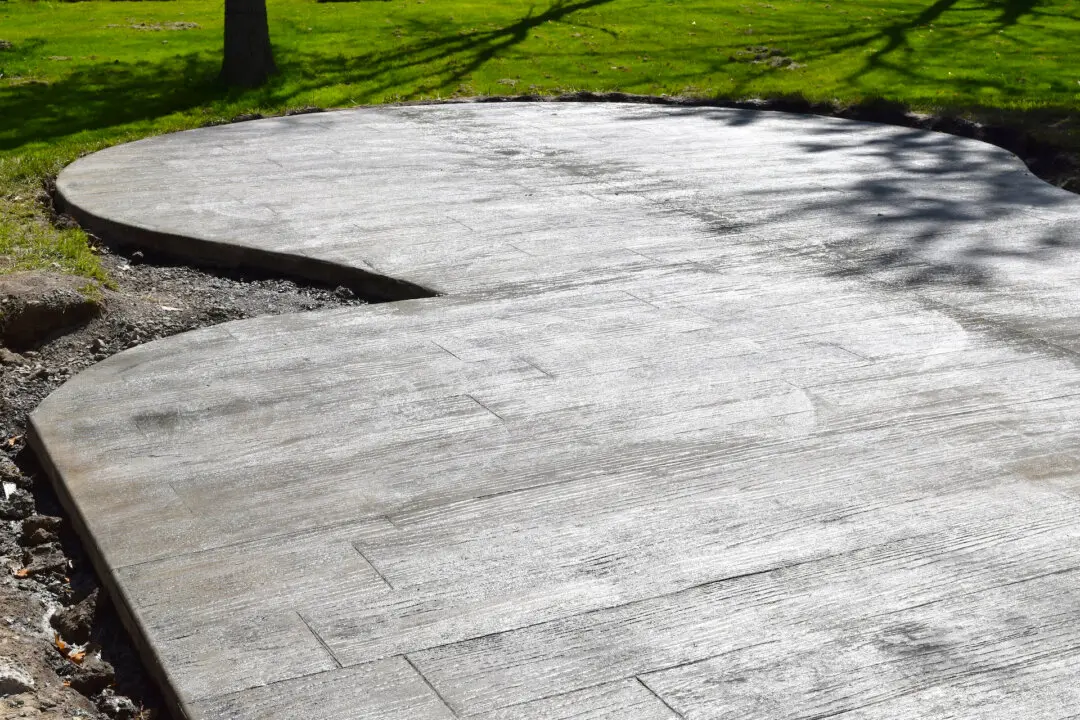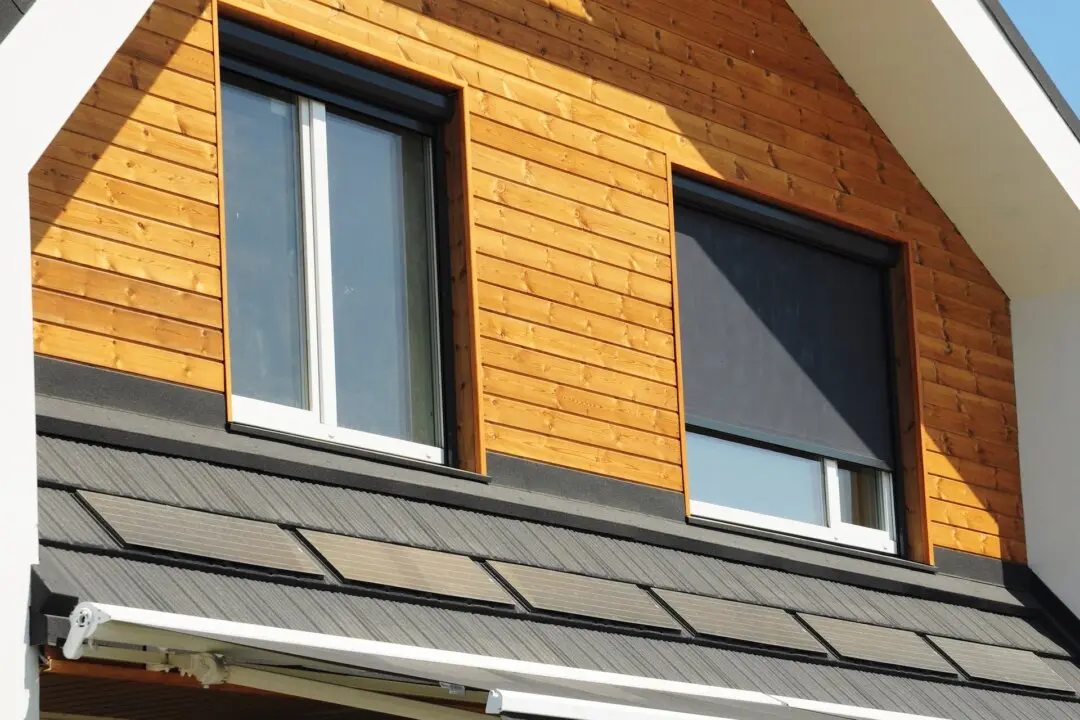Dear James: We have the rough plans done for our new house and need to hire a contractor. What should we pay attention to in the contract to insure all goes well?—Meg H.
Dear Meg: We have all heard stories on the news of a contractor getting paid and not completing the job or doing shoddy work with the homeowner holding the bag. Although, by far, the majority of contractors are reputable and honest, it can never hurt to have a very detailed building contract.





